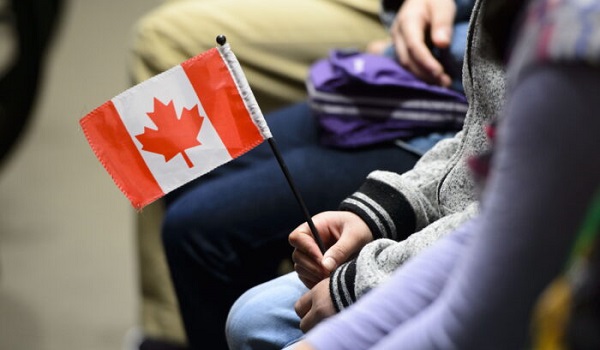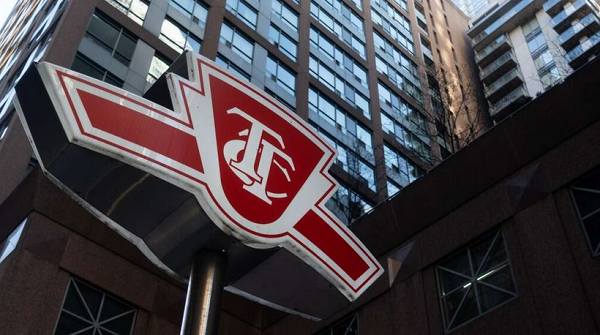Court ruled: Ethiopian spy eligible to apply for refugee status, upon agency’s targeting of dissidents abroad
A former member of an Ethiopian spy agency that targeted that country’s journalists and dissidents abroad is eligible to apply for refugee status in Canada because his spy activities were “not contrary to Canada’s interests,” the Federal Court of Appeal has ruled.
Medhanie Weldemariam, who worked as a software developer for an Ethiopian state security agency, landed at Toronto’s Pearson Airport in 2017 and applied for refugee status, saying he was at risk of persecution if he returned home.
A federal agency then declared him inadmissible under a law barring those who worked in espionage “against Canada, or contrary to Canada’s interests.” It said Ethiopia’s Information Network Security Agency had spied on members of the country’s diaspora in the United States and Belgium. Because those countries are allies of Canada, Mr. Weldemariam’s work was therefore contrary to Canada’s interests, the immigration division of the Immigration and Refugee Board ruled.
But the Federal Court of Appeal, in a 3-0 ruling Monday, made a distinction between spying on individuals who live in countries friendly to Canada, and spying on those countries themselves.
Not only did the agency’s espionage activities occur outside of Canada, but “INSA was not targeting the United States or Belgium – something that could potentially be understood to engage Canada’s national security. INSA was targeting private individuals who were living in these countries,” the appeal court said, in a ruling written by Justice Anne Mactavish, and endorsed by Justice John Laskin and Justice K.A. Siobhan Monaghan.
The ruling upheld one by Federal Court Justice John Norris.
The Federal Court of Appeal stressed that the principle at stake is an important one in international law – that deportation to face a risk of death or imprisonment over one’s political opinion or group membership is not allowed. There are exceptions to this principle, it said, for those barred for national-security reasons. It is thus incumbent on Canada to ensure that those designated as former spies do pose a risk.
The law involved, part of the Immigration and Refugee Protection Act, was changed in 2013 by the then-Conservative government to ensure that Canada did not keep out people who had spied for friendly countries such as the United States or Britain.
Mr. Weldemariam graduated from Mekelle University with a computer-science degree in 2009 and worked for INSA until 2014, when he moved to Sweden for graduate studies, before returning to Ethiopia in 2016. INSA reports to the Prime Minister and uses surveillance malware on journalists, such as those working for a news service, Ethiopian Satellite Television, started by members of its diaspora – a news service with supporters in Canada.
Monday’s ruling comes more than six months after a public inquiry began in Ottawa on allegations of foreign interference in federal elections. Activists from the Chinese, Sikh, Iranian and Russian communities have testified that they have been targeted for harassment and intimidation.
Mehmet Tohti, executive director of the Uyghur Rights Advocacy Project, said he was disappointed by the ruling.
“There’s a lack of understanding to address the depth and the danger of the new reality,” he said in an interview.
Countries such as China, he said, contact activists in Canada and tell them not to protest or make public statements against China, or else their family members back home could be arrested.
Paul VanderVennen, a lawyer for Mr. Weldemariam, said the ruling “protects access to Canada’s refugee-determination system for innocent people who have never done anything adverse to Canada’s national security.”
The Ethiopian espionage at issue “did not involve Canada in any way,” he said. “This doesn’t have any implications for foreign interference in Canada. Any employee of a national-security agency that was involved in foreign interference in Canada will be inadmissible under this provision.”
Jackie Swaisland, a lawyer representing an intervenor in the case, the Canadian Association of Refugee Lawyers, said her group supports the decision.
“Sending refugees or refugee claimants back to where they face persecution is contrary to Canada’s international obligations under the Refugee Convention – unless you can demonstrate that the person is a danger to the security of the country they are in,” she said.
A spokesman for Public Safety Minister Dominic LeBlanc declined to comment.
This article was first reported by The Globe and Mail















